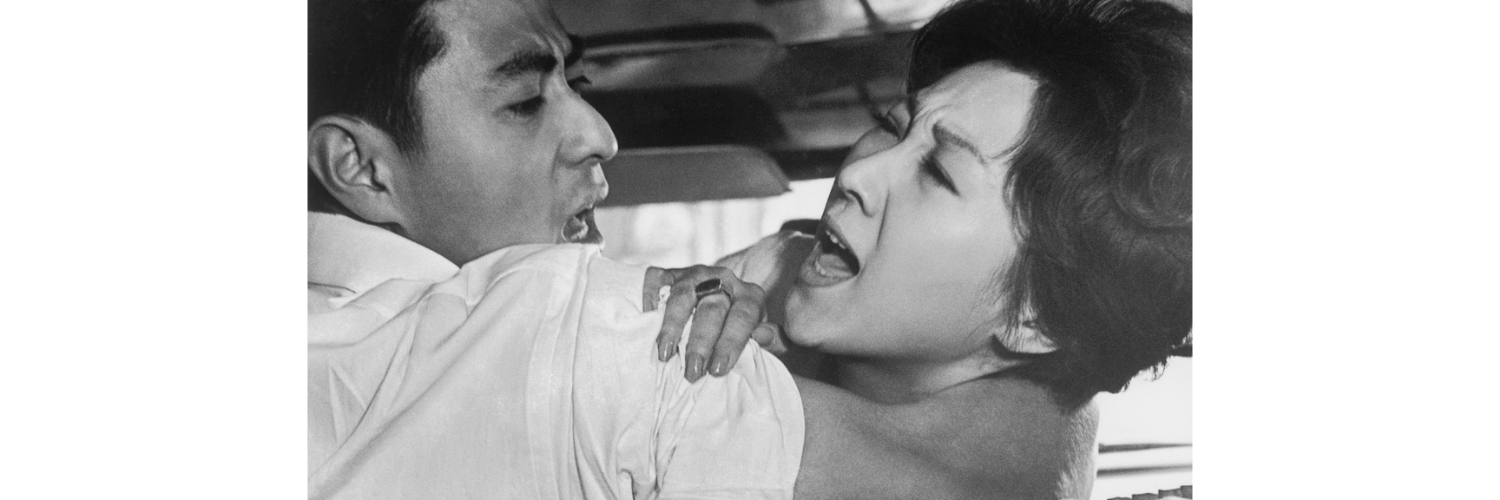
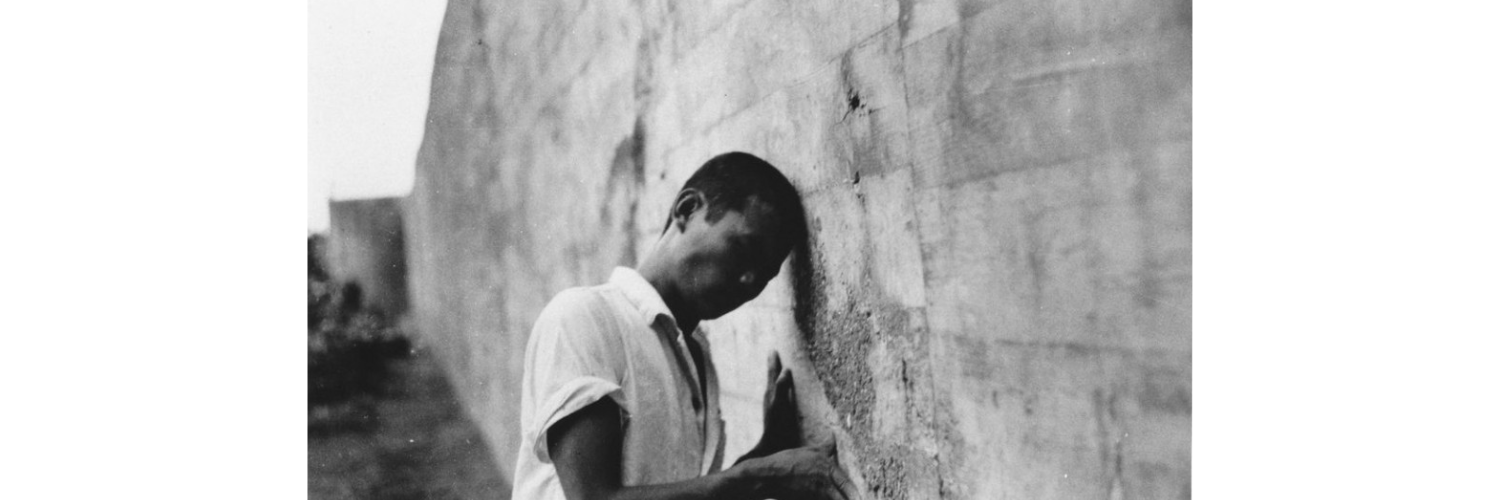
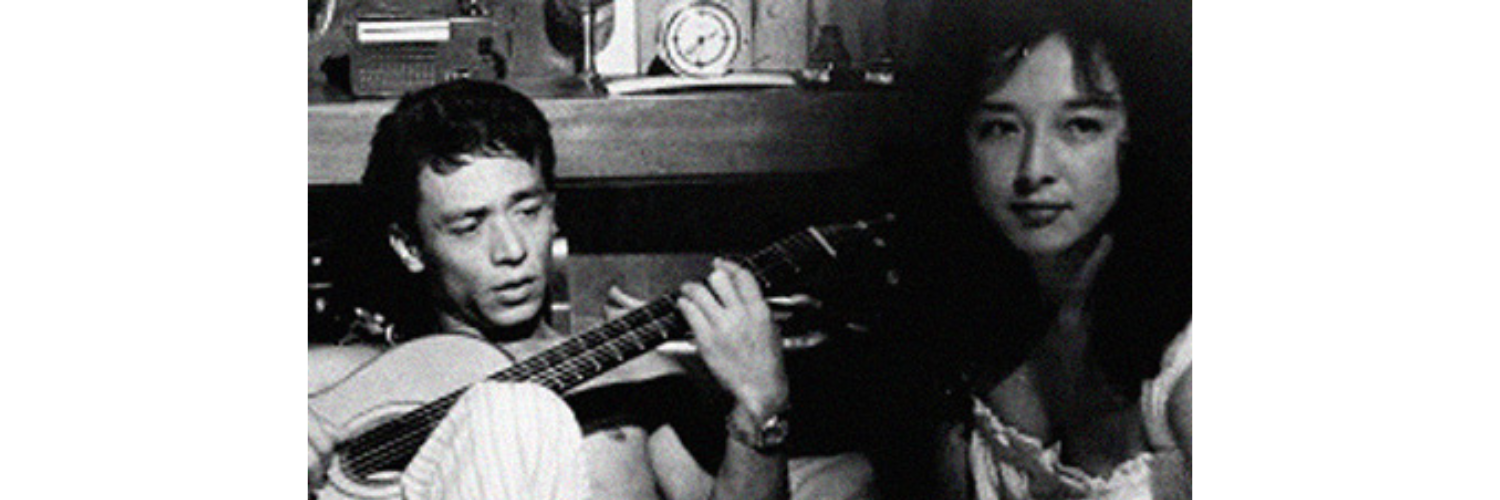

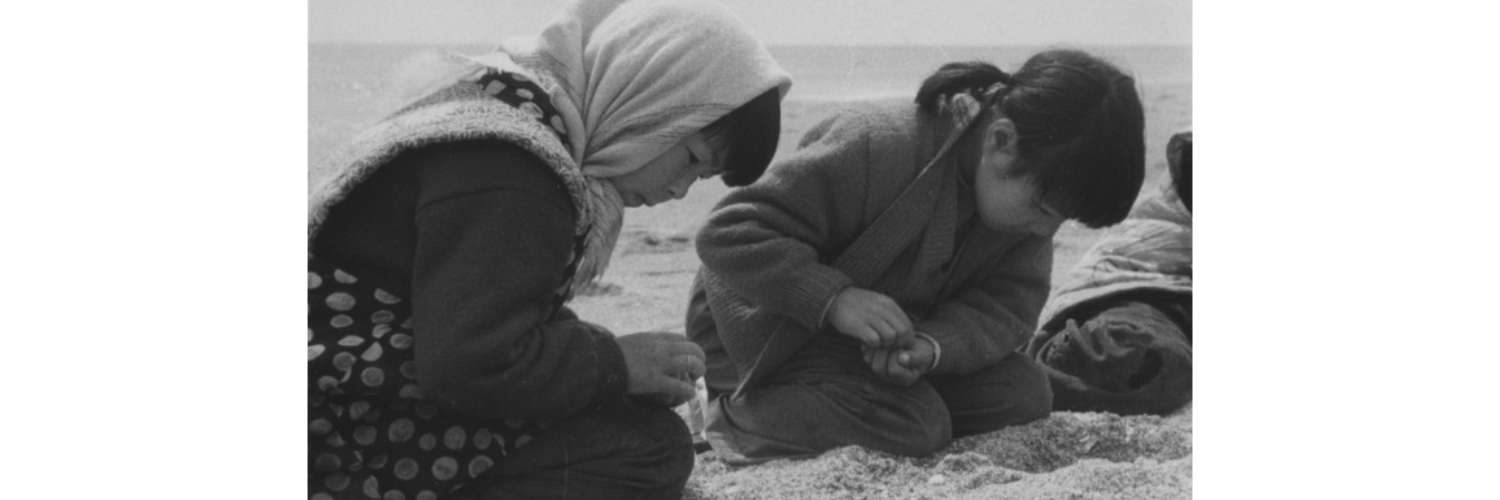






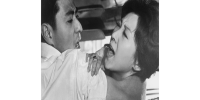
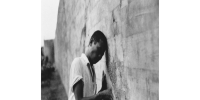
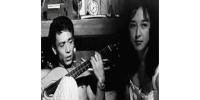

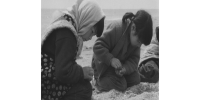
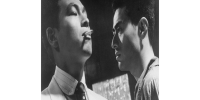
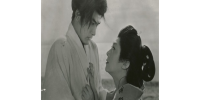
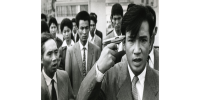
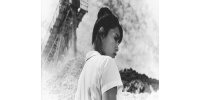
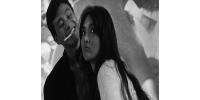
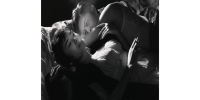
"The Other New Wave: Alternate Histories of Post-WWII Japanese Cinema," presented by the Harvard Film Archive, was a series of films from the Japanese New Wave, which arose after World War II in the late 1950s and early 1960s. Seeking a deeper understanding of this dynamic in film history, the series included selections from not only representatives films and filmmakers, but also ones that remained overlooked, emerging from a wider range of practices and background beyond the major studios.
On 2 April 2019, this film series was accompanied by "Meet the Director! A Conversation with Eizo Yamagiwa about Japanese New Wave Cinema," a special lecture that invited EIZO YAMAGIWA over Skype to discuss the other history of Japanese cinema in the postwar, in conversation with film curator GO HIRASAWA, RIJS Postdoctoral Fellow JULIA ALEKSEYEVA, and Professor ALEXANDER ZAHLTEN. A formative figure in Japanese film history as a New Wave rebel, Yamagiwa was the last director to emerge from the bankruptcy of major film studio Shin-Toho, the co-founder of central film journal Eiga Hihyō (Film Critique), and a fan favorite as director of the Ultraman sci-fi TV series, as well as a prominent political activist for prisoners' rights. This presentation included clips from The End of Love (1961), a legendary film thought lost until recently.
The following films were screened as part of this series.
Click HERE for more information.
Good-for-Nothing (Rokudenashi)
Kiju Yoshida, 1960
The Tragedy of Bushido (Bushido muzan)
Eitaro Morikawa, 1960
Only She Knows (Kanojo dake ga shitteiru)
Osamu Takahashi, 1960
Blood is Dry (Chi wa kawaiteru)
Kiju Yoshida, 1960
The Samurai Vagabonds (Akunin shigan)
Tsutomu Tamura, 1960
The Warped Ones (Kyonetsu no kisetsu)
Koreyoshi Kurahara, 1960
The Age of Our Own (Warera no jidai)
Koreyoshi Kurahara, 1959
As a complement to this program, the HFA screened three films by the influential yet still underappreciated filmmaker Susumu Hani (b. 1928), one of the key figures of the postwar reinvigoration of Japanese cinema, showcasing Hani’s radical documentary approach to filmmaking as well as his deep fascination with children and the emergent and increasingly radicalized youth seeking to transform their society.
Bad Boys (Furyo shonen)
Susumu Hani, 1961
A Full Life (Mitasareta seikatsu)
Susumu Hani, 1962
Nanami: The Inferno of First Love (Hatsukoi: Jigoku-hen)
Susumu Hani, 1968
The HFA also featured a shorts program "New Wave Rarities," by artists who played a leading role in the birth of the New Wave.
Details and a recorded introduction can be found HERE.
Conversation Between Nail and Socks
Katsumi Hirano and Hiroo Ko, 1958
Forgotten Land
Shinkichi Noda, 1958
Anpo Joyaku
Toshio Matsumoto, 1959
Harvard Film Archive Series co-sponsored by the Reischauer Institute